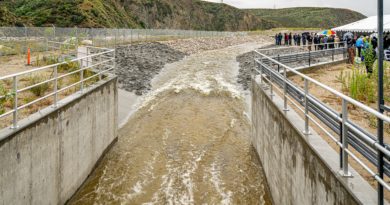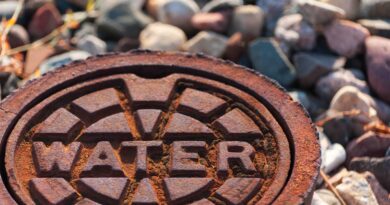The EPA Is Mandating Removal of Lead Pipes. What Will Replace Them?
According to the Truthout, on October 8, the Environmental Protection Agency (EPA) finalized a landmark rule aimed at tackling lead contamination in drinking water. Utility companies are now required to identify and replace their lead pipes within the next 10 years, the EPA announced, and the threshold for acceptable lead levels in drinking water has been lowered from 15 to 10 parts per billion — the strictest guidelines since federal regulations were first set in 1991.
The announcement was made alongside millions of dollars in additional funding for lead pipe replacement in Nebraska. Championed by President Joe Biden and Vice President Kamala Harris, the new EPA rule is certainly a crucial step in the right direction — but it has some glaring loopholes.
While environmental groups praised the mandate that utilities pay for lead pipe replacement, some noted that the rule does not include lines on private property, leaving homeowners to shoulder the cost. The Natural Resources Defense Council wrote in a press release that closing this loophole “is critical to avoiding the environmental injustices that result when utilities charge individual homeowners thousands of dollars to remove the lead pipes, leaving lower-income and disproportionately homeowners and renters of color continuing to drink lead.”
Lead contamination is already a public health crisis that disproportionately impacts Black, Latinx and low-income communities. In the high profile case of Flint, Michigan, a state of emergency was declared in 2015 after severe lead contamination was found in the drinking water of the majority-Black city’s 98,000 residents. Now, nearly 10 years later, pipe replacements are still ongoing. Lead exposure is linked to numerous adverse health outcomes, particularly in children, including irreversible brain and nervous system damage. Flint’s water was so toxic that additional testing determined it met EPA criteria for hazardous waste — but reports found that systemic racism slowed the government’s response to the crisis.
The EPA expressed concerns that a requirement to replace lead pipes on private property would face legal challenges. But in falling short of this requirement, the agency risks further entrenching the racial inequities that come with accessing clean drinking water.




